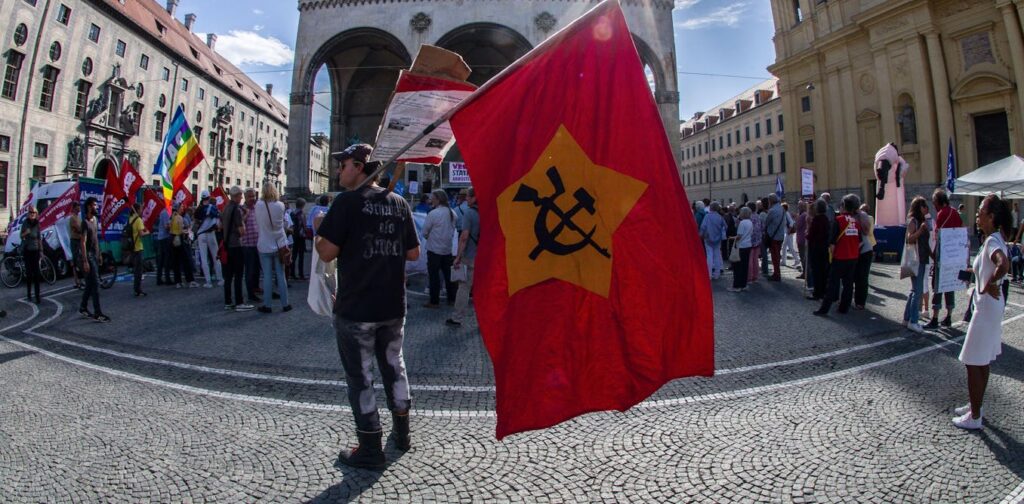Vladimir Putin stands to benefit significantly from the recent surge of far-right parties in the European Parliament elections. The Kremlin, not content with exerting influence over former Soviet Union members, is now expanding its support across Europe. This shift towards pro-Russia sentiments was evident when the far-right Alternative for Deutschland party refused to attend Ukrainian President Volodymyr Zelensky’s speech at the German Bundestag, aligning with populist parties opposing military aid to Ukraine.
The AfD’s success in the elections, winning 16% of the vote in Germany, indicates a growing parliamentary power base for far-right groups across Europe. With the European Conservatives and Reformists and the Identity and Democracy group now controlling 131 seats, and AfD holding 15 representatives, the influence of far-right ideologies on Europe’s stance towards the conflict in Ukraine is becoming more pronounced.
There are concerns about the close ties between German far-right parties and Putin’s Russia, prompting calls for transparency regarding financial relationships with Russia. The alliance between supposedly anti-fascist Russian leadership and the increasingly fascist right-wing European parties may seem unlikely, but Russia’s support of extremist actors, regardless of political alignment, serves to disrupt other countries.
Putin’s influence extends beyond party affiliations, with an extensive spy network in Europe and propaganda campaigns promoting pro-Kremlin narratives. The rise of far-right sympathies towards Russia is evident in Slovakia, Hungary, Romania, Bulgaria, and France, where parties opposed to Russian sanctions have seen electoral success.
The alignment of far-right MEPs with pro-Russia stances on key issues poses challenges for European unity and democratic values. The refusal to support measures critical of Russia, such as in response to repression, underscores the growing influence of far-right ideologies in shaping European policies.
Far-right parties offer benefits to Putin by undermining democratic institutions and promoting illiberal policies that erode civil liberties. The rise of authoritarianism in Europe aligns with Putin’s anti-western vision, portraying Russia as a model for defending national sovereignty and traditional values against perceived globalist threats.
The success of far-right parties in recent elections signals a shift towards greater political power for these ideologies. However, internal divisions within the far-right, such as differing stances on Russian relations, indicate challenges ahead for maintaining cohesion within this political group.
The implications of the far-right’s rise for European democracy and stability are significant. The influence of Russia, coupled with genuine societal concerns and identity issues, highlights the complex landscape of European politics and the impact of psychological and information warfare tactics on shaping political narratives.
